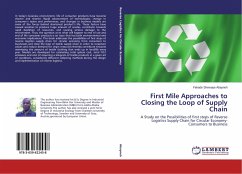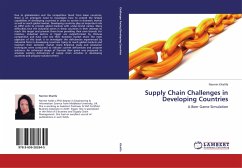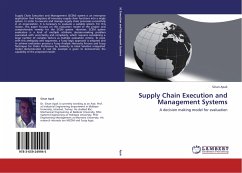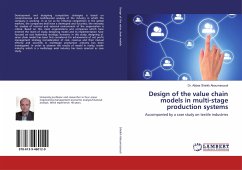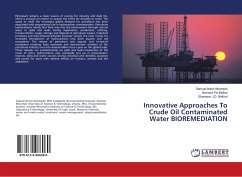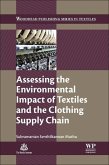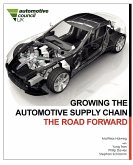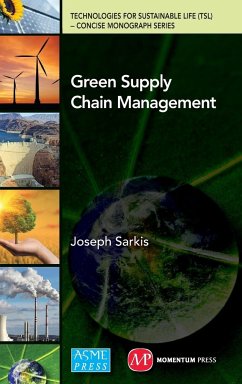In today s business environment, life of consumer products have become shorter and shorter. Rapid advancement of technologies, change in consumer s tastes and preferences, and changes in business models are some of the forces behind shortened product s life. These factors have caused societies to produce huge amount of wastes, contribute towards rapid depletion of resources, and causing serious damage to the environment. Thus, the question as to what will happen to end of use and end of life consumer products is an issue that has both environmental and economic implications. This book addresses the possibilities of first steps of reverse logistics supply chain for circular economy from consumers to businesses and close the loop of textile supply chain in order to recapture values and reduce demand for virgin resources thereby contribute towards minimizing the amount of textile clothing that ends up in landfills every year. Models are developed for estimating total system cost, total CO2 emissions and cost of acquiring a kilogram of textile products in a given set of conditions, considering different collecting methods during the design and implementation of reverse logistics.
